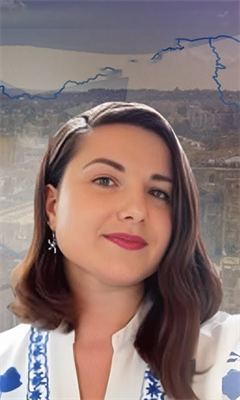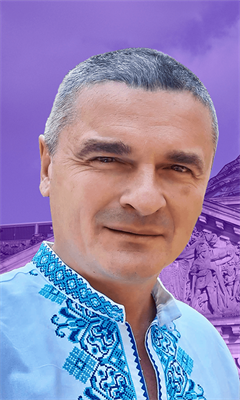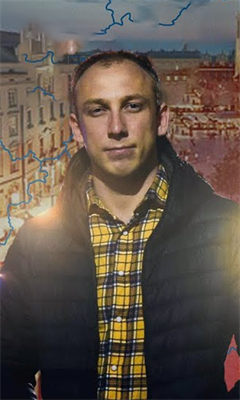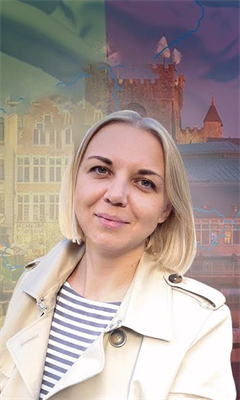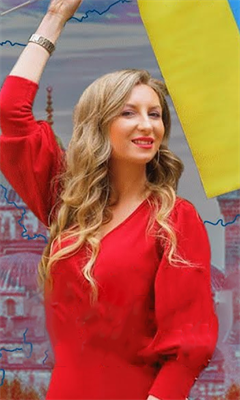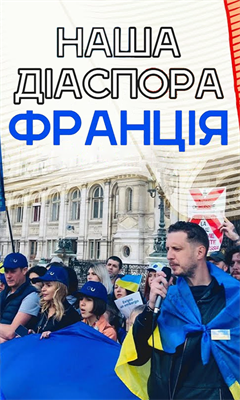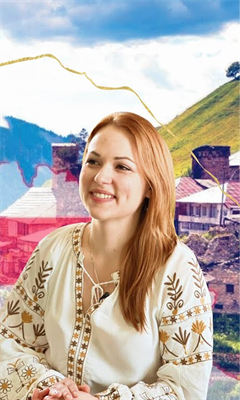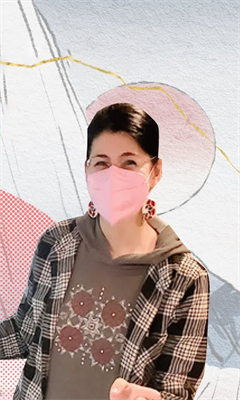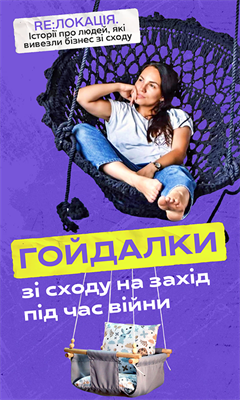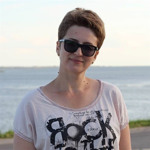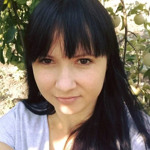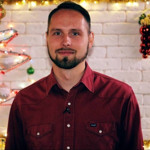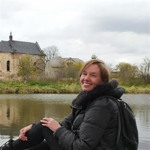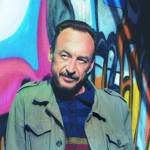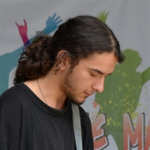Living under occupation is the scariest thing ever — a director from Kherson taking care of IDPs
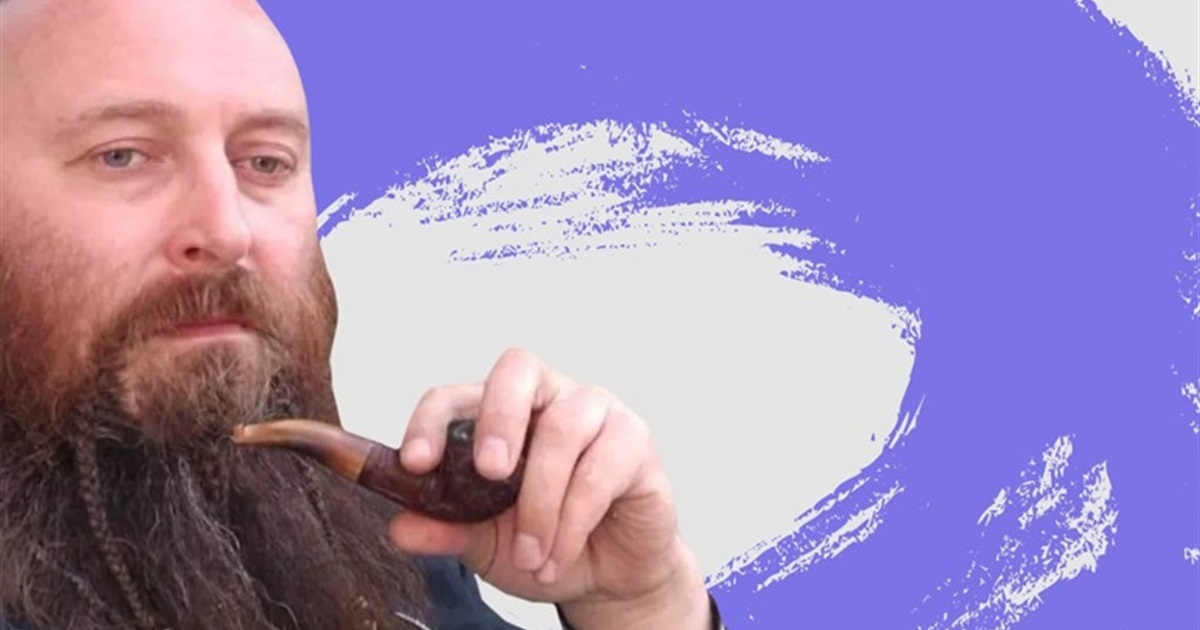
The "Evacuation.City" journalist spoke with Serhii Pavliuk, an active participant of the first rallies in Kherson, and asked him about his life under occupation, his evacuation, and his assisting the IDPs from the Kherson region.
The city and the people of Kherson: life before and during the war
Before the full-scale war, Serhiy Pavliuk lived in Kherson and worked as a chief director at Mykola Kulish Kherson Academic Music and Drama Theater.
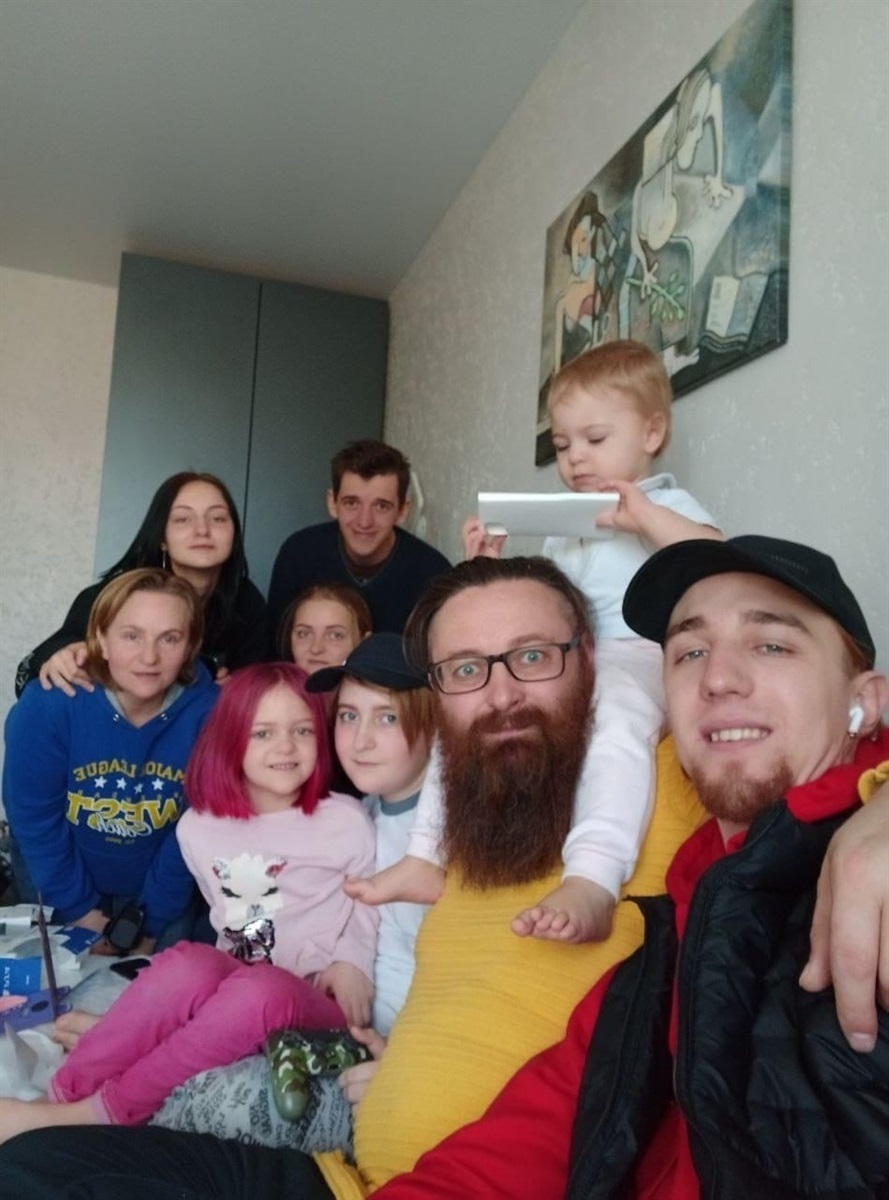 Serhiy’s extended family
Serhiy’s extended family
“On February 23, I had the premiere of a play, with the other two performances scheduled for February 24 and 25. After the play, the taxi driver who took me home congratulated me “upon the February, 23” [the USSR-russian Defender of the Fatherland Day], and those were the last word’s I heard before falling asleep. When I woke up the next morning, I got a phone call from my wife, and she was in tears. She was the one to inform me about the full-scale war. I saw some smoke coming from the general direction of Chornobayivka. This is how the first day of war began for us”, recalls Serhiy.
Serhiy reminisces on the first rally in support of Ukraine, that began on March 4. On March 3, information started to circulate that the invaders were planning to bring some humanitarian aid. So when it was delivered to Kherson, there was a small rally against that “aid”. People were chanting slogans and telling the fascists to follow the “footsteps’ of the russian warship [referring to the famous slogan “russian warship, go f*ck yourself”]. On that day, people were encouraged to gather at 10 am on the following day. This is how the large demonstration of the Kherson people of March 5 came to be.
“The number of people who came on March 5 was just incredible. Those were the days of active warfare when people had to hide in their basements, so there were a lot of emotions they wanted to pour onto the ‘orks’ [popular name for the invading russian army]. The participants of those rallies were the Kherson people aged from 16 to 60 plus. There were folks from all walks of life: teachers, medical doctors, laborers, cultural figures… They came together to express their true Ukrainian civic stance. Like, this is our land, while the russians are the enemies and invaders”, said the man.
Serhiy shared that participation in those rallies was a really scary thing to do:
“Yet the prospect of losing our freedom, of hiding in the basements without knowing what was awaiting us next was even more frightening. Those people who rallied near the Antonivskiy bridge were in a particularly tough situation. We were closer to Chornobayivka, and there were constant bangs, too. A shell hit the ground 500 m [1640.42 ft] from where I lived. Of course, that was scary, but to do nothing was even scarier.”
He admits that there were traitors in the city, yet insists that the vast majority of citizens see Kherson exclusively as part of Ukraine.
“Kherson has a population of 300,000, and those are different people with different attitudes. There are plenty of collaborators, but the vast majority of the citizens are pro-Ukrainian. I spend 15 years of my life in Kherson, and for me, it always has been, and still is, a Ukrainian city populated with Ukrainian people,” the man assures.
Serhiy explains that the invaders had their agents in the city, so everyone participating in any rally was aware there would be provocateurs. At first, they were searching for SBU [Ukrainian Secret Service, Ukr. Sluzhba Bezpeky Ukrayiny] agents and ATO veterans, and later they turned their attention towards activists. When some activists were taken, others emerged in their place. People were self-organizing uncontrollably.
On March 13, on the day of liberation from the fascist invasion [during WWII], there was a really powerful rally. When the crowd was forced to turn around on Ushakova Str, it was clear to everyone that those were not the russian military patrolling the area, those were the fighters from OMON [the russian SWAT], and the first blood has been shed. They used stun and gas grenades on the protesters.
Serhiy’s apartment was broken into on March 16:
“They took my computer and all my plays. I was branded as the instigator and facilitator of the rallies. Twice, they took me in for questioning, and they threatened me. On their side, they had the military, the militia they brought from Crimea, the “Stemousov’s people” [people led by Kirill Stremousov], the FSB [russian secret service], the GRU [russian intelligence].”
“They were confused by the fact that the theater wasn’t working. When they invaded Sevastopol years earlier, the local theater continued to stage plays, and they couldn’t figure out why the theater in Kherson didn’t do the same. That was such idiocy! When asked if I would take charge of the theater, I realized they wouldn’t leave me alone. So I decided to take my family and leave.”
Evacuation from Kherson
On April 18, Serhiy and his family, his wife and children, left the city. It was raining very hard, which helped them, as russian personnel at the checkpoints performed the checks flimsy. They had 8 people in their vehicle, with 5 of them being kids.
“You could drive through Ukrainian territory back then. We passed the village of Snigurivka and then took a turn to Bashtanka where the last checkpoint was. It was later that we found out that the cars driving after us were forced to turn around. The buffer zone was the scariest hack of the road to drive through: we had to drive those 10 km [6.21 miles] very slowly, through the rain, the gloom, and heaps of mutilated vehicles. It was like you don’t exist like you were going nowhere. And then, finally, we saw the Ukrainian checkpoint, with our Ukrainian flag, and a handsome male guard. Both my daughters (one is 22, the other one is 16) said ‘Wow, dad, he’s so handsome! I would marry him!’. That was a whole different world,” smiles Serhiy.
The man says that the russians have created some “dark side zone” in the Kherson region, resembling Mordor from the Lord of the Rings.
“It’s been a month already, yet my children are still traumatized by that experience. One daughter didn’t want to leave, the eldest daughter keeps crying all the time, our son is withdrawn… Everyone has a long adaptation period. I never imagined it would be like this. But the most important thing is that we are alive, and everything will be fine from now on,” says Serhiy Pavliuk.
The man shares that deciding to leave was the hardest part:
“That was quite a morel quandary. On the one hand, I was a citizen of Kherson, on the other, I was a father to 5 children and needed to keep them safe. There were many provocateurs and traitors among the locals, who knew very well whom to look for, and where."
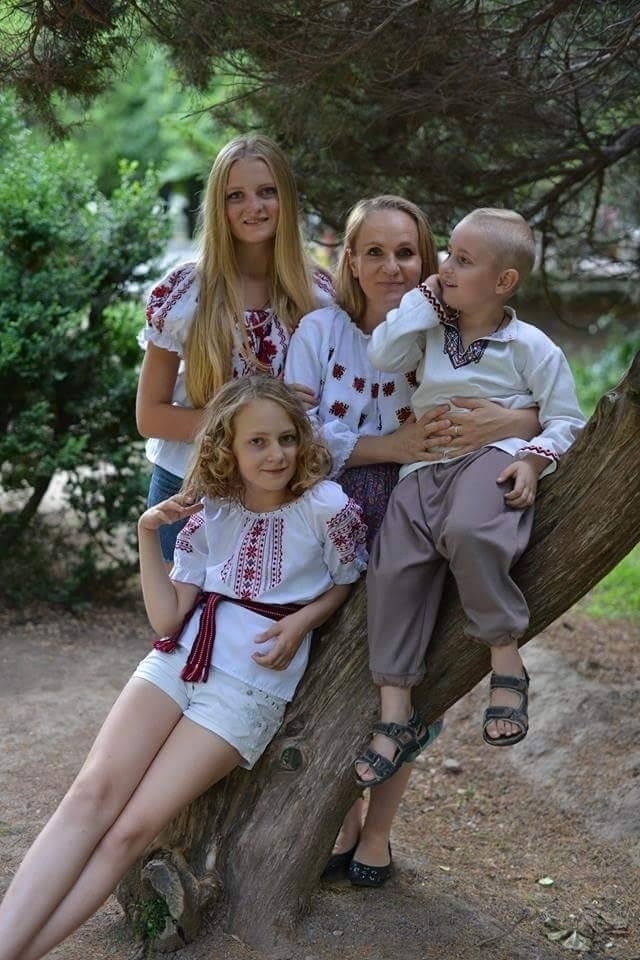 Serhiy Pavliuk’s family
Serhiy Pavliuk’s family
The 3000 Khersonians: Living Under Occupation
Serhiy has been volunteering since the full-scale war broke out:
“From day one, we delivered humanitarian aid; I also joined the Kherson municipal guard. When the food was scarce, we were searching for warehouses with food, raised funds to buy them out, and then distributed that food among the citizens. Later, some stores began to open, selling foods brought from Crimea, so I figured it was time to switch to some other ways of helping people.”
Along with the owner of a local hotel, they began welcoming and helping the IDPs who fled from the hostilities. Originally designed to host 160 people, the hotel accommodated 230 people aged from 3 months to 80 at the time of the interview. There are babies, old ladies, and pregnant women.
“Those people living at that hotel in Kherson, they have practically zero personal belongings. Take, for instance, the folks from Oleksandrivka, the village eradicated from the face of the Earth: they have nowhere to go anymore. They can’t even scrape some money to leave Kherson,” explains Serhiy.
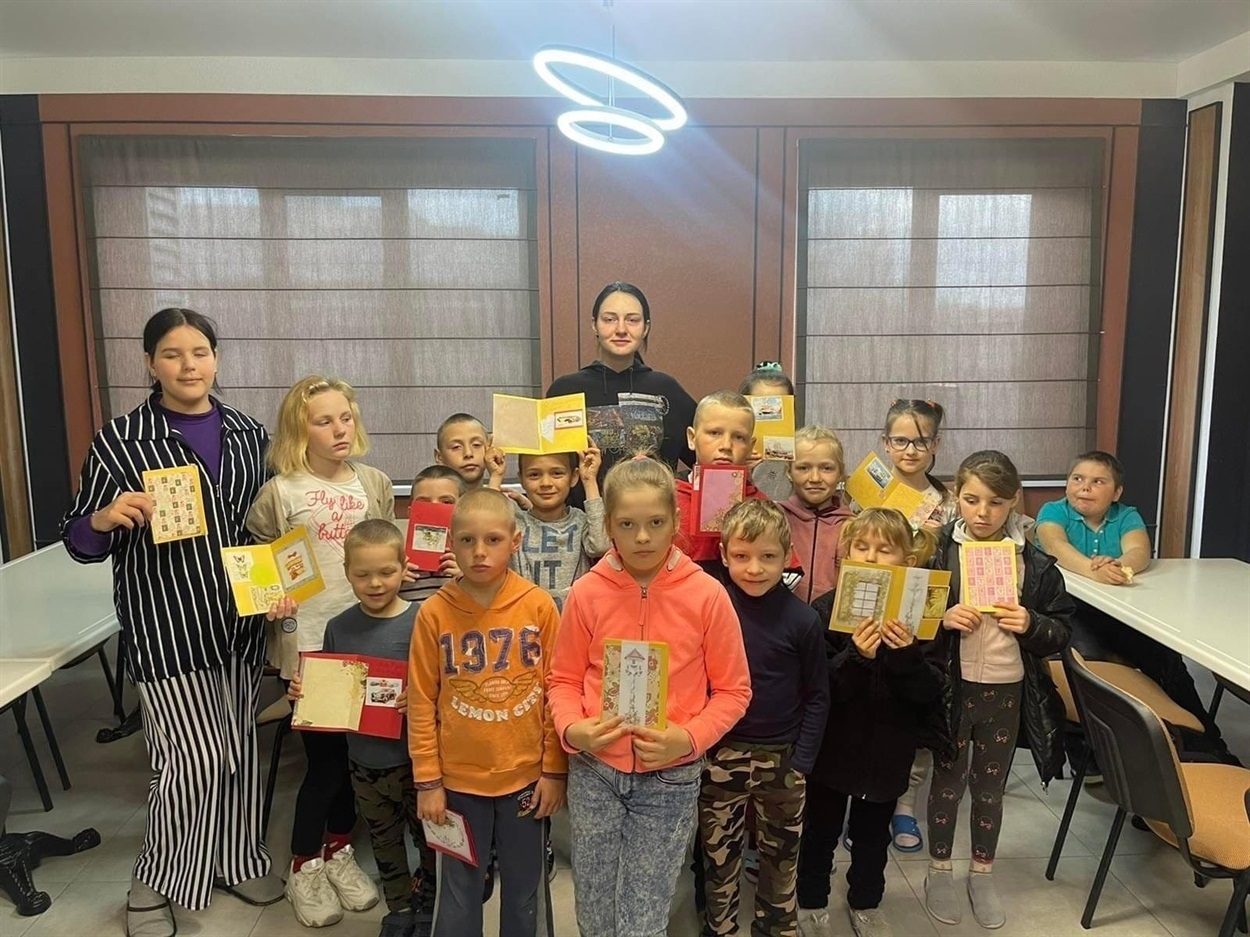 IDPs at a hotel in Kherson
IDPs at a hotel in Kherson
About 90 children aged 3 months to 16 years live at that hotel, so there’s a need for baby formula, diapers, and kids’ medications. Another 150 people get help from Serhiy and his partners whenever they have some leftover supplies after the needs of people from the hotel are covered.
“People turned to exchange the necessities, as delivering cargo to Kherson is close to impossible. So the best thing we can do for those people now is raise funds and transfer that money to them, so they can cash it out and buy the necessities,” explains the man.
Serhiy speaks of his compadre [father of one’s godchild, or godfather of one’s child] almost got killed. The 60-year-old sailor had a heart attack when a shell landed in his garden, and the condition wasn’t treated properly. On March 14, the man and his family attempted to evacuate, and while [the invaders] were searching for them, he had another heart attack. His acquaintances managed to find some medications and save his life.
Serhiy Pavliuk refers to the current situation in Kherson as “Groundhog Day”. There are no new developments: vehicles branded with the letter Z are still cruising around the city, [the russian troops and machinery] in Chornobayivka keep exploding. Many goods are being delivered from Crimea, yet the people are running out of money:
Serhiy says that plenty of people are willing to leave the city, but it’s like russian roulette:
“There’s a russian roulette, with one cartridge charged and the rest of them empty. And there’s a Caucasian roulette [referring to the fact that there are troops sent by the putin’s faithful Chechen leader Ramzan Kadyrov in the city], with six cartridges charged and just one empty. Well, trying to leave Kherson today is a Caucasian roulette: the vehicles trying to leave the city are being shot at and forced to turn back,” says the director.
It took his comadre [mother of one’s godchild, or godmother of one’s child] six attempts to leave the city, and, according to the woman, she wouldn’t dare to try again had that sixth attempt also failed. Among Serhiy's acquaintances, 90% have already left. Some of his acquaintances who couldn’t, found themselves in a dire situation. People who left also have plenty of problems: they have to start all over again, find a job, earn their living, etc.
“When we arrived at our friends, the Kapranov brothers’, house, there was pretty much nothing to do. So we turned their orchard into a vegetable garden and dug up the lawn. We get up every morning and step outside into rows and rows of beans, corn, sunflowers, and radishes sprouting all over the place,” says Serhiy.
Serhiy won’t give up hope that the planned stage production of Tyhrolovy will indeed take place at the operetta theater.
“Just the other day, I got a phone call from the director of the Mykolaiv Ukrainian Theater. The theater continues its operation, my plays are scheduled for August. I hope that one day I’ll be able to return to Kherson and hold my festival there,” says Serhiy, and summarizes, “The hardest thing for me to know is that I can’t help everybody.”

